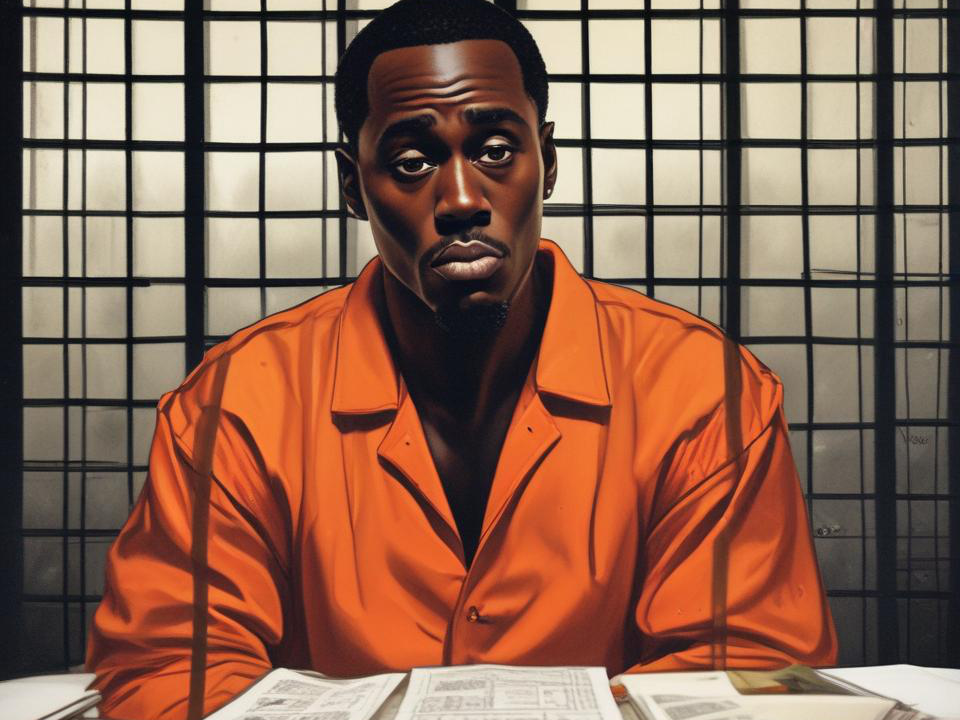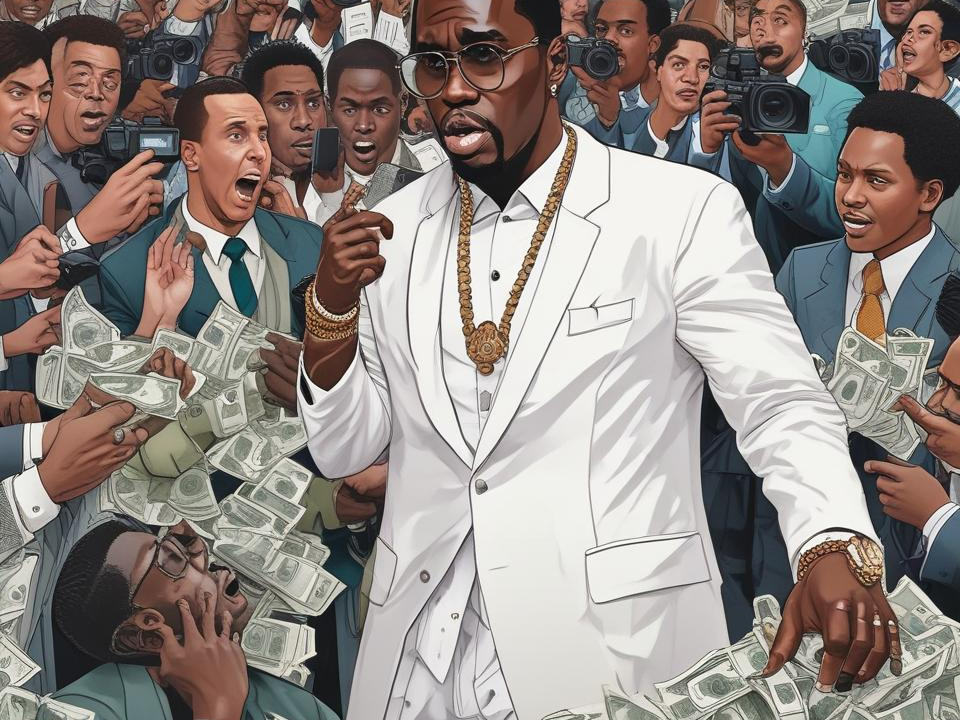The Blagojevich Saga: A Story of Power, Politics, and Redemption
Rod Blagojevich, former governor of Illinois, remains a divisive figure in American politics. Convicted on federal corruption charges in 2011, he became a symbol of Illinois' infamous political scandals. Yet, over time, his story feels less like a straightforward case of wrongdoing and more like a deeply human tale of ambition, power, and the gray areas of justice.
Appearing on The Joe Rogan Experience, Blagojevich shared how prison humbled him. “They squeezed me because they wanted me to say I did something I didn’t do,” he said, portraying himself as a victim of an overzealous prosecution. Whether one believes this defense or not, his case highlights the murky intersection of corruption, justice, and political intrigue.
The Senate Seat Scandal: A Deeper Dive
The central accusation against Blagojevich was his alleged attempt to sell Barack Obama’s vacated Senate seat. Prosecutors played damning wiretap recordings where Blagojevich described the seat as “valuable” and appeared to seek personal gain in exchange for an appointment. Blagojevich, however, argued that the recordings were taken out of context, framing his actions as typical political horse-trading rather than outright corruption.
But the Senate seat was just one piece of a larger puzzle. Investigations into Blagojevich’s administration uncovered a culture of pay-to-play politics. Figures like fundraiser Antoin “Tony” Rezko and Illinois Finance Authority head Ali Ata played key roles in this narrative, revealing systemic issues that extended beyond Blagojevich himself.
Ata’s testimony, in particular, raised eyebrows. He admitted to lying to the FBI about how he secured his state position and confessed to making campaign contributions to gain favors. This revelation casts serious doubt on Ata’s credibility. If he lied to federal investigators for personal gain, how reliable was his testimony against Blagojevich? Critics argue that Ata’s legal troubles and self-serving motives made him a questionable witness—a fact that should have been given more weight during the trial.
Ata’s compromised integrity underscores the challenges of determining truth in a case clouded by personal and political agendas.
Was Justice Politicized?
Blagojevich’s case has been compared to broader trends of politicized prosecutions. “I fought back like no one does except Trump,” he claimed, drawing a parallel to other controversial figures. He argued that routine political practices were unfairly criminalized and that the suppression of exculpatory evidence skewed the trial’s outcome. For example, he was barred from playing certain recordings in court, a limitation he believes unfairly shaped the jury’s perception.
Critics of the prosecution point to inconsistencies in witness testimonies and the selective nature of charges. Ata’s financial scandals and credibility issues, in particular, highlight weaknesses in the government’s case. Despite these flaws, Blagojevich was convicted on multiple counts—a result that some view as more reflective of the political climate than the evidence itself.
Life Behind Bars
Prison brought Blagojevich face-to-face with some of society’s harshest realities. Sharing space with convicted killers, child molesters, rapists, and gang members, he described the experience as both humbling and enlightening. “I met some of the most interesting people,” he said, reflecting on the unexpected humanity he found in such a grim environment.
Yet, the cost of incarceration was steep. Blagojevich’s wife and daughters faced relentless media harassment, enduring the fallout of his trial and sentencing. “The hardest thing I ever did was saying goodbye to them,” he recalled, describing the pain of leaving his family behind.
The Media’s Role
Blagojevich criticized the media for amplifying the prosecution’s narrative without scrutiny. Sensational headlines and soundbites, he argued, overshadowed substantive questions about due process. “They made me a caricature of corruption,” he said, lamenting the lack of balanced coverage. This media framing, he believes, influenced public perception and set a dangerous precedent for future cases.
Revisiting the Arguments
Blagojevich’s defense team presented several key arguments that continue to spark debate.
- Entrapment → His lawyers argued that the FBI encouraged illegal activity he wouldn’t have otherwise considered—a defense notoriously difficult to prove.
- "Just Talk" Defense → Blagojevich maintained that his recorded conversations were political brainstorming, not evidence of criminal intent. He emphasized that no concrete actions were taken.
- Lack of Quid Pro Quo → The defense highlighted the prosecution’s failure to establish a direct exchange of favors for official acts, a critical element of bribery cases.
- Witness Credibility → Ata’s admission of lying to the FBI and his questionable motives raised significant doubts about the reliability of his testimony.
While these arguments failed to secure an acquittal, they reveal the complexities of the case and the potential for alternative interpretations.
A Broader Reflection
Blagojevich’s saga is more than a personal tale of rise and fall. It’s a reflection of the systemic issues plaguing American politics—from the blurred lines between dealmaking and corruption to the media’s role in shaping public opinion. His case forces us to ask difficult questions: How do we balance accountability with fairness? What safeguards are needed to ensure justice isn’t weaponized? And how can we prevent political systems from becoming breeding grounds for corruption?
Whether one sees Blagojevich as a villain or a victim, his story serves as a cautionary tale about the fragility of democratic institutions and the human cost of political ambition. It challenges us to look beyond headlines and consider the deeper truths about power, justice, and accountability.


